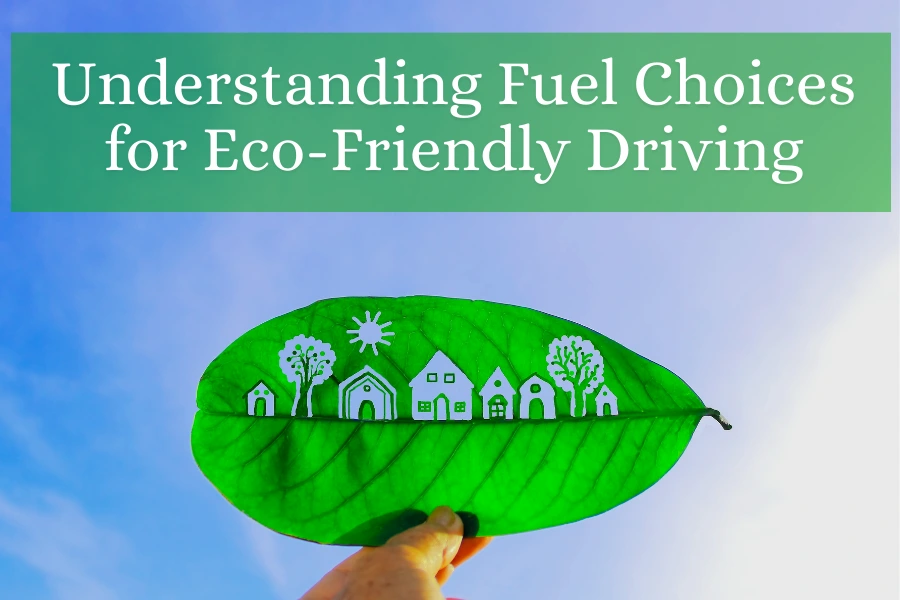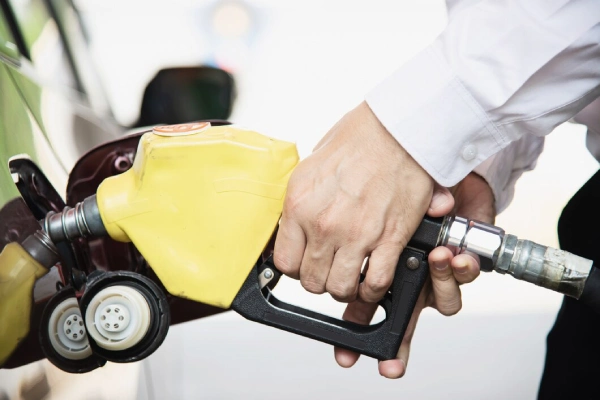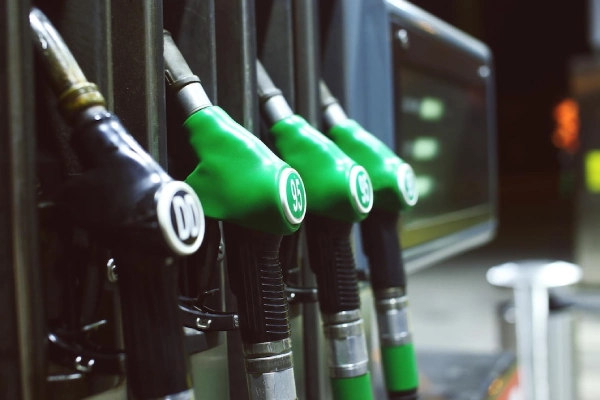-

-
-
Phone No. 9811893833
-
Address New Delhi 110045
-





In today’s world, where environmental concerns are increasingly in the spotlight, the choices we make about the fuel we use for our vehicles play a significant role in shaping our impact on the planet. Among the various options available, two popular choices are petrol and compressed natural gas (CNG). Both have their pros and cons, and understanding them can help us make more eco-friendly decisions when it comes to driving.
Petrol, also known as gasoline, has been the dominant fuel choice for automobiles for decades. It is a fossil fuel derived from crude oil and is widely available at petrol stations around the world. On the other hand, CNG is a cleaner alternative, composed mainly of methane gas extracted from natural gas deposits. Let’s delve deeper into the differences between these two fuels and their implications for eco-friendly driving.
When it comes to environmental impact, CNG has a clear advantage over petrol. Burning petrol releases carbon dioxide (CO2), a greenhouse gas that contributes to climate change, along with other pollutants such as nitrogen oxides (NOx) and particulate matter (PM). On the contrary, CNG combustion produces significantly lower levels of CO2 and emits fewer pollutants compared to petrol. This makes CNG a more environmentally friendly option, especially in terms of air quality and reducing greenhouse gas emissions.
One of the factors that influence fuel choice is availability and infrastructure. Petrol stations are ubiquitous, making petrol readily accessible to drivers almost everywhere. However, the same cannot be said for CNG stations, which are less common and may not be as conveniently located. This lack of infrastructure can be a significant barrier for drivers considering switching to CNG, as refueling options may be limited, especially in rural areas or smaller towns.
OptAnother crucial aspect to consider is the cost of fuel. Traditionally, petrol has been more affordable compared to CNG in many regions. However, this dynamic can vary depending on factors such as government subsidies, taxation policies, and fluctuations in oil and gas prices. While CNG vehicles may have higher upfront costs due to the need for specialized fuel systems, lower fuel prices and potential savings on maintenance can make them more cost-effective in the long run.
When it comes to vehicle performance, petrol-powered vehicles have long been the standard choice. They offer good acceleration, power delivery, and driving range, making them suitable for various driving conditions. In contrast, CNG vehicles may experience a slight decrease in performance compared to their petrol counterparts. This is because CNG has a lower energy density than petrol, meaning it contains less energy per unit volume. However, advancements in technology have led to improved CNG engines and better overall performance in recent years.

Governments around the world are implementing regulations and incentives to promote cleaner fuels and reduce emissions from vehicles. These measures can include fuel efficiency standards, emission limits, tax incentives, and subsidies for alternative fuel vehicles. In many cases, CNG vehicles may qualify for incentives or tax breaks aimed at reducing greenhouse gas emissions and improving air quality. By taking advantage of these incentives, drivers can lower the overall cost of owning and operating a CNG vehicle while supporting environmental goals.
While petrol and CNG are viable options for eco-friendly driving, electric vehicles (EVs) are gaining traction as an even cleaner alternative. EVs produce zero tailpipe emissions and have lower overall environmental impact compared to internal combustion engine vehicles. As battery technology improves and charging infrastructure expands, EVs are becoming more practical and accessible for everyday use. However, challenges such as range anxiety, charging infrastructure, and upfront costs still need to be addressed to accelerate the adoption of EVs on a larger scale.
In conclusion, the choice between petrol and CNG for eco-friendly driving depends on various factors, including environmental impact, availability, cost, vehicle performance, and government regulations. While petrol has long been the dominant fuel choice, CNG offers a cleaner alternative with lower emissions and potential cost savings. However, challenges such as infrastructure limitations and vehicle performance need to be considered before making the switch to CNG. Ultimately, the transition to more sustainable transportation options, such as CNG or electric vehicles, is essential for reducing our carbon footprint and mitigating the impacts of climate change. By making informed decisions about the fuel we use, we can all contribute to a greener and more sustainable future for generations to come.
Start by entering the total loan amount you require to purchase your dream car. This includes the vehicle's purchase price, taxes, and any additional fees or charges associated with the loan.
+91 9811893833
dreamCarfinance11@gmail.com
apply@dreamcarsfinance.com
query@dreamcarsfinance.com
servicerequest@dreamcarsfinance.com
New Delhi 110045
Copyright © 2023 Your contact details are protected with us and owned by Tact Wise Advisory. Designed By Seo To Webdesign